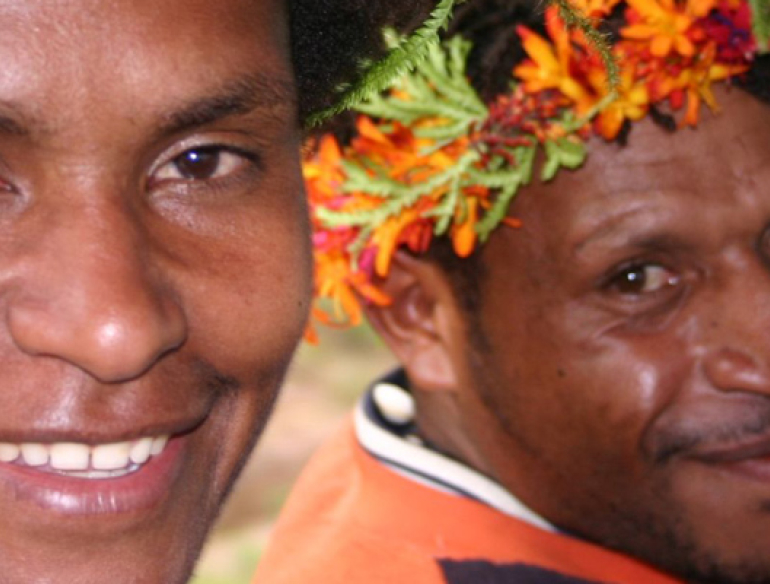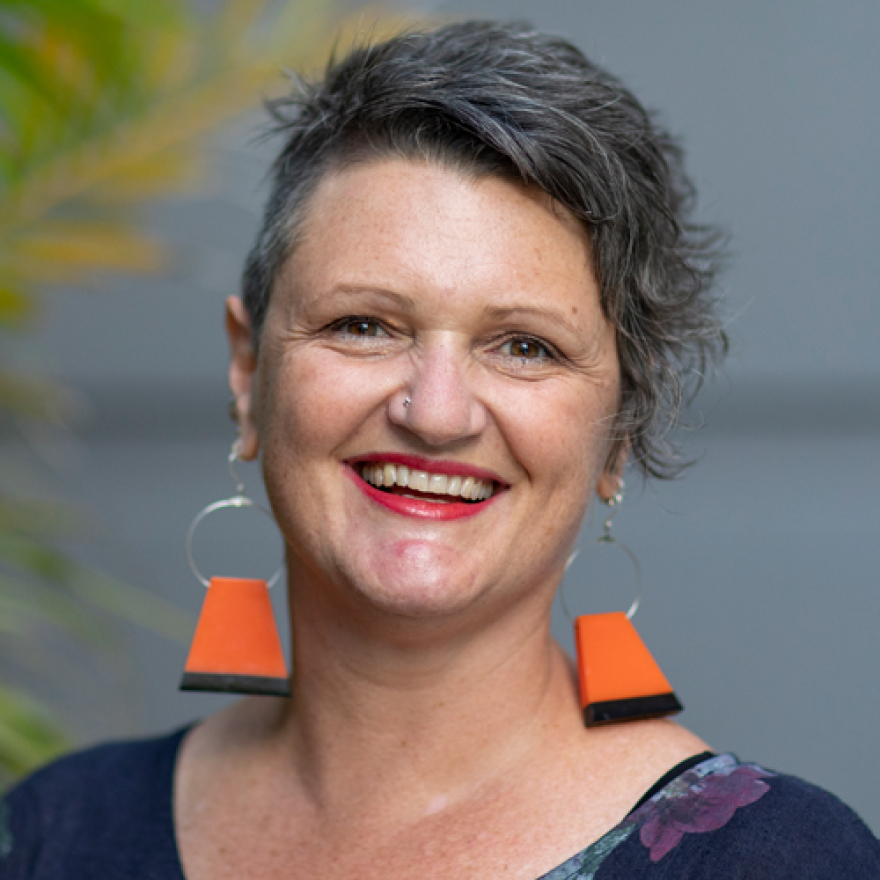Papua New Guinea (PNG) has the largest burden of HIV in the Pacific. Serodiscordant couples – where one person is HIV positive and the other is HIV negative – are identified as priority populations in the most recent National HIV Strategy, yet there are no HIV dedicated programs for people in such relationships. To enhance the effectiveness of the recent, rapid roll out of biomedical HIV technologies – such as ART, condoms, CD4 testing and PEP – it is important that HIV programs are culturally appropriate and able to respond to challenges within the diverse cultural contexts in PNG.
For the first time, this anthropological study will provide socially-situated insights into the cultural intersections between HIV medicine, illness, gender and sexuality among heterosexual and same-sex couples with mixed HIV status in PNG. The project will generate culturally enriched understandings of the unforeseen effects of new HIV biomedical technologies in people’s everyday lives, produce knowledge about local usages and interpretations of these technologies, and examine the impact of these technologies on the therapeutic economy of HIV in PNG.
This four-year anthropological study will involve repeat in-depth interviews with 60 people involved in heterosexual, same-sex and polygamous relationships in Western Highlands Province and Port Moresby. These interviews will explore how HIV and HIV treatment fit into people's everyday socio-sexual, cultural, and religious lives. We will also undertake in-depth interviews with family members, and with key informants from governmental, non-governmental and faith-based organisations, as well as participant observation to observe and document the ways in which serodiscordance is managed and lived.
Through the generation of rich local insight, this study will contribute to global debates about the use and effects of biomedical technologies in diverse socio-cultural contexts. It will produce new understanding of the promises, limits, applications and effects of HIV-related biomedical technologies in everyday life in contemporary PNG, and their intersection with socio-sexual and cultural practices and meanings. It will also establish how these practices and meaning are created, negotiated, contested and recreated within these intimate sexual relations.
This project is the first study to yield an understanding of how biomedical technologies and social life co-articulate in the making of social realities in the Australian and Pacific-Asia region. It will provide knowledge needed to improve health and well-being of serodiscordant couples and Pacific people, leading to enhanced implementation of HIV prevention, treatment and care programs.

